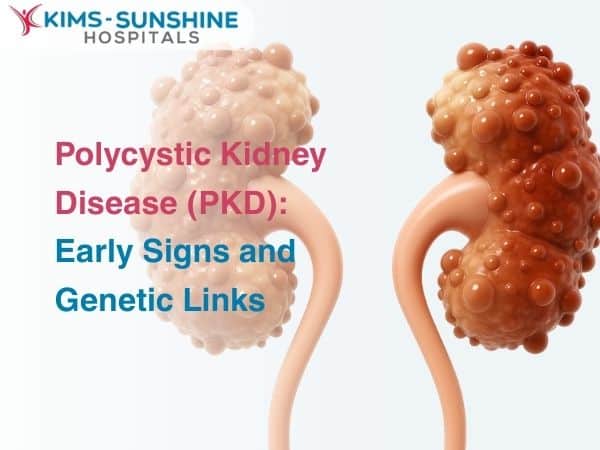
Does Back Pain Mean a Kidney Problem? 5 Signs It Might Be…
Signs Your Back Pain Is Actually Kidney Pain
Back pain is like a background score in most Indian lives. Be it a stiff mattress, a long train ride, or an evening of washing clothes bent over a bucket, we’ve all been there. But not all back pain is created equally. The key signs that suggest kidney involvement include:
- A constant, dull ache on one side of the back
- Pain that refuses to budge, no matter how you sit or stand
- Nausea, fever, chills or fatigue with the pain
- Changes in urine colour, frequency, or sensation
- Swelling in the feet or puffiness around the eyes
Where Is Kidney Pain Felt In The Back?
When they hurt, the sensation is felt in the lower part of your back, not dead centre, but slightly off to either side. This flank pain can stay rooted there or travel, almost like a quiet storm moving across your body. Some feel it creeping towards their belly, others towards the groin or thighs. Unlike the surface-level pain of a muscle pull, kidney pain feels internal, heavier- as if it comes from the core of your body’s machinery. It can strike just one side (if only one kidney is affected), or both if the problem runs deeper. It doesn’t depend on your movement.
Can Kidney Stones Cause Back Pain?
A kidney stone is essentially a tiny crystal, formed when minerals in your urine decide to cluster together. When one of these tiny saboteurs starts moving down your urinary tract, it’s like dragging a shard of glass through a drinking straw.
The result? Pain that people often describe as worse than childbirth.
It begins in the lower back or side, usually on one side and then radiates. It comes in intense waves, sometimes accompanied by blood in the urine, nausea, or a desperate need to pee, but no relief when you do. There may be sweating, vomiting and even moments when you cannot stand or sit comfortably.
Difference Between Kidney Pain And Normal Backache
Now here’s where things get tricky. Most people try to guess whether it’s “just back pain” or something more serious. But the body, as always, drops clues if you know where to look. A regular backache is like a tired sigh from your body. It usually follows effort like lifting a gas cylinder, carrying groceries up three flights, or sitting badly for too long. You may notice it getting better when you lie down or stretch. It’s familiar, it’s physical and it often behaves predictably.
Kidney pain, on the other hand, does not follow the usual rules. It tends to be off-centre, deeper, and does not care whether you’re lying flat or standing tall. No matter what position you take, the pain remains. More importantly, kidney pain rarely travels alone. It brings friends – symptoms like fever, vomiting, a change in urination patterns, or fatigue. It may come with a dull pressure, or sharp cramps if it’s a stone and it doesn’t respond to back rubs or muscle balms.
Conclusion
Back pain is a constant companion in modern Indian life, from long train commutes and heavy laptop bags to bad mattresses and endless screen time. But not all pain comes from sore muscles. Sometimes, it comes from the organs that quietly clean your blood and regulate your body’s balance: the kidneys. Don’t wait for it to worsen or self-diagnose with a Google scroll. Your kidneys may be silent workers, but when they speak, it’s always with purpose. And pain is often their only language. Learn to hear it early, and you’ll save yourself from much more than discomfort. Above all, drink your water. Not just when you’re thirsty. But as a daily offering to the organs that quietly carry your health on their backs.







